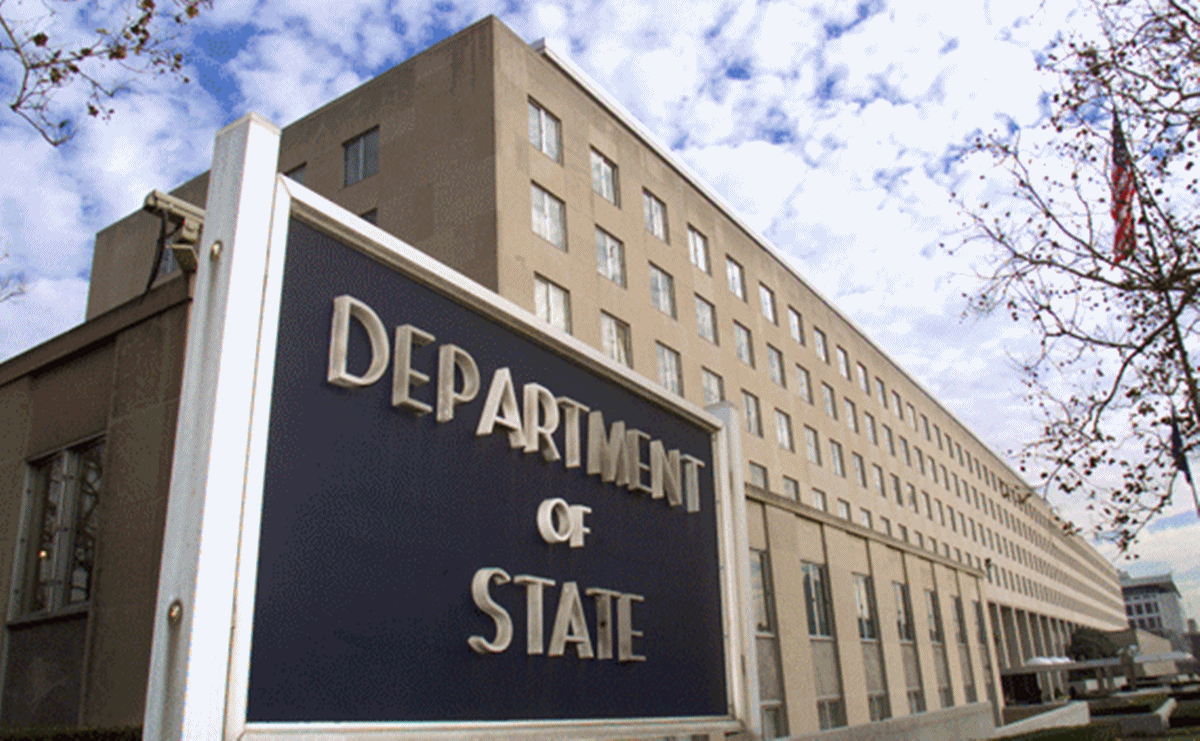
State Department spokeswoman Heather Nauert said in a statement on Tuesday, “Freedom of expression, including speech and media which a government may find inconvenient, is a universal human rights obligation Russia has pledged to uphold.”
She said Russia’s foreign agents law had been “used to justify a constant stream of raids, harassment, and legal proceedings that effectively obstruct non-governmental organizations from doing their work.”
The law, signed by President Vladimir Putin on Saturday, allows Moscow to force foreign media to brand news they provide to Russians as the work of “foreign agents” and to disclose their funding sources.
The legislation was rushed through Russia’s parliament in two weeks after the United States required Russian state broadcaster RT to register its U.S.-based affiliate company as a “foreign agent.”
Nauert rejected any comparison between the U.S. and Russian laws, saying the American law did not limit publication of information or restrict the organization’s ability to operate.
Read alsoRussian Duma unanimously recognizes foreign media in Russia as "foreign agents"The move is part of the fallout from allegations that Russia interfered in last year’s U.S. presidential campaign to try to help Donald Trump win. U.S. intelligence officials have accused the Kremlin of using Russian media to influence U.S. voters. Moscow has denied meddling in the U.S. election.
Read alsoRT under scrutiny in U.S. as foreign agent following reports of FBI probing Sputnik“Expanding the Foreign Agents Law to include media outlets opens the door to onerous requirements that could further stifle freedom of speech and editorial independence in Russia,” Nauert said.

